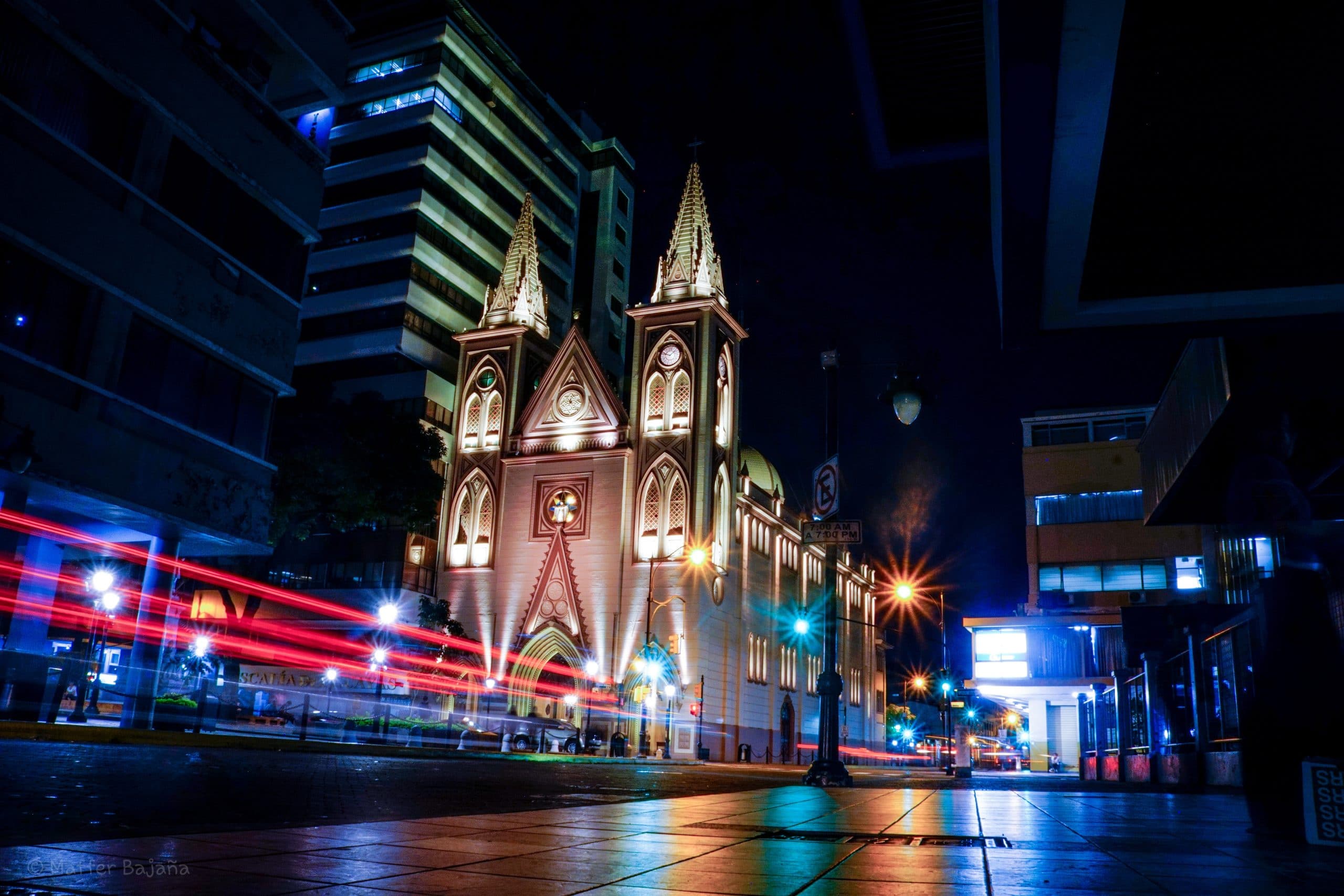Automation anxiety is real. According to a recent Pew survey, 72 percent of Americans worry about the impact of automation on their jobs. Automation is slowly becoming part of our lives: self-service cashiers in grocery stores, smartphone enabled banking, robocalls, chatbots, and many other examples. As a basic rule of thumb, any task that is simple and repetitive can be automated.
The benefits for us as consumers are clear: convenience and lower prices. For workers at all levels, the story is altogether different as many now worry for their livelihood. AI enabled applications could do the jobs of accountants, lawyers, and managers. Automated robotic arms can replace manual workers, and automated cars can make professional drivers obsolete.
What can we do to prepare for this? While there is much that governments can start doing to address these problems from a policy perspective, I believe the real opportunity lies within local initiatives. Preparing at the local level for the effects of automation can be the difference between thriving or failing in the new digital economy. Yet, local initiatives on their own will not be sufficient unless they can use technology and technical knowledge as an empowerment tool. If technology has created automation, maybe it can also provide the tools for humans to thrive in a more automated world.
For centuries, communities were formed and held together by central spaces. Whether it is a place of worship, the town square, the mall, or even the soccer pitch, people have gathered in these places to pursue common goals. Fast forward to our time: communities small and large find themselves pulled apart by many forces. One of the main culprits is technology-enabled experiences that drive local population to replace physical interactions with those mediated by machines. While online connections can at times translate into actual face-to-face interactions (apps like Meetup allow locals with shared interests to quickly assemble), the overall trend is local isolation even as global connections flourish. We are now more likely to share commonalities with people across the globe than with those just across the street.
What if technology could become a catalyst for strengthening local communities? Recently, makerspaces started popping up in many US metro areas. They are non-profit, community-run spaces where people gather to build, learn, and experiment with technology. Visiting one here in the Atlanta area, I discovered I could learn new skills from knitting and welding to programming Arduino. While most classes are free, the spaces offer paid memberships where members can get 24/7 access to the facility and storage space. I would describe it as a place to invite people who are already tinkering around with technology in their garages to do so in community.
As I mentioned before, in the past there were other institutions that brought people together in the town. Places of worship have played that role for centuries. Unfortunately, technology and religion have often been at odds with each other. But what if we could place makerspaces within churches? In the United States, churches have accumulated building projects for decades, yet most of these buildings remain vacant for most of the week. What if some of these buildings could be turned into makerspaces? What if churches could leverage the scientists, engineers, technologists, carpenters, and welders from within to spearhead and maintain these spaces? Such outreach programs would not only impact surrounding communities, but also transform local congregations. Professionals would find a way to connect their trade with a higher purpose while also making an impact in the community. Such a combination could bring community transformation through technical education and skill retooling. Workers displaced by automation can now access a new start.
Churches can address automation anxiety by innovating. They can retool their buildings to welcome new community-transforming missions. If they seize this opportunity, surrounding communities will be stronger for it. Maybe automation is the crisis gift that will bring a decaying institution back into social relevance.
Reality Changing Observations
Q1. In what ways are you concerned about automation?
Q2. How is your community of faith preparing for future disruptions in the job market?
Q3. Should churches be involved in technical education?





